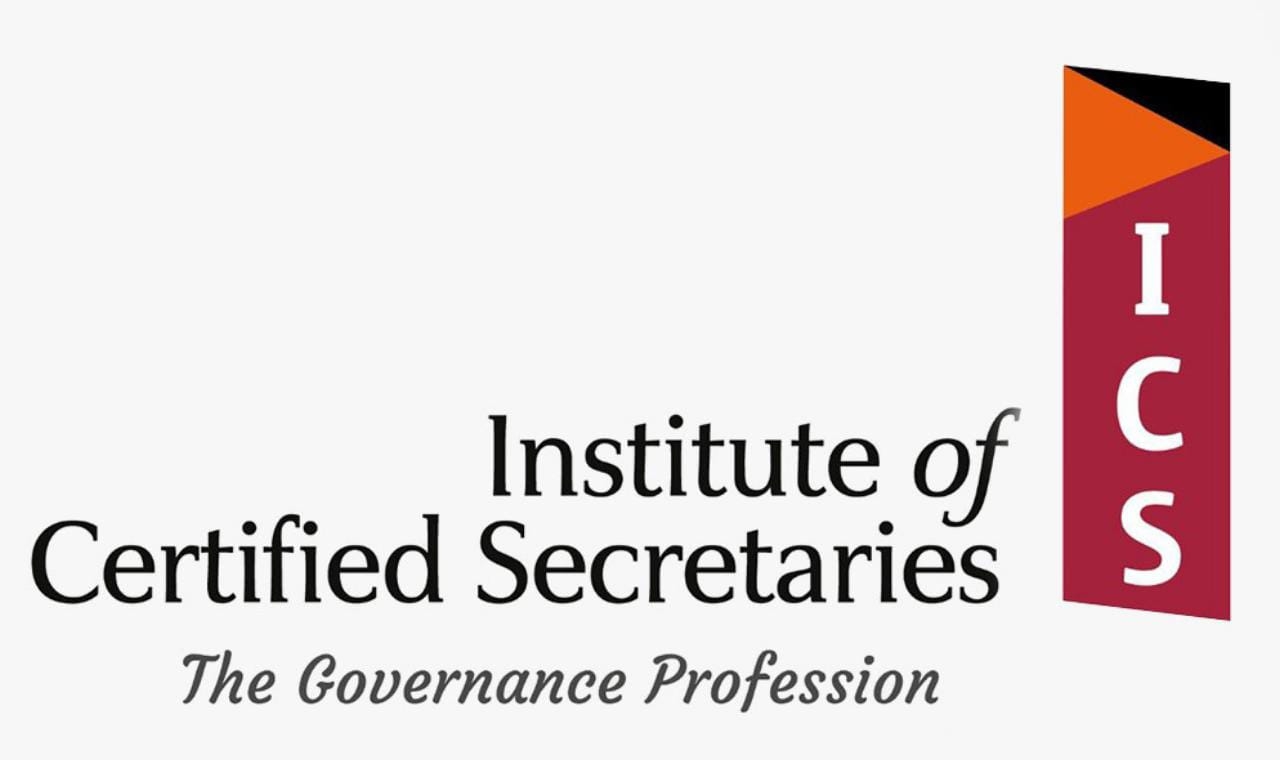In the dynamic and often unpredictable world of business, longevity remains the true measure of success. Many private companies in Africa begin with passion, innovation and the vision of ambitious founders. Yet, sustaining that success beyond one generation is a challenge few overcome.
Across the continent, a familiar pattern emerges: a charismatic founder builds a thriving enterprise, but when they step aside or pass on, the business falters, fragments or collapses altogether. The reason, as aptly observed by FCS Jeremiah Karanja, is a condition known as Founder’s Syndrome when a company’s identity becomes inseparable from that of its founder. Without governance structures to ensure continuity, the vision dies with the visionary.
In many African economies, private enterprises are family-owned or founder-driven. Decisions are centralized and the founder’s intuition and personal networks are the company’s lifeblood. While this can be a strength in the formative years, it becomes a vulnerability as the enterprise grows.
A well-constituted board helps bridge this gap, transforming the business from being founder-led to institution-led. Through policies, oversight and strategic guidance, boards establish systems that ensure sustainability beyond one personality. This institutionalization is what turns promising ventures into enduring enterprises
The numbers tell a sobering story. Globally, research shows that only about 30% of family businesses survive into the second generation and a mere 12%–13% make it to the third. However, in Africa, the situation is even more fragile. Regional surveys and family business studies estimate that fewer than 20% of African private companies successfully transition beyond their founders. In some East African contexts, as highlighted by the African Management Institute, up to 70% of small businesses collapse within three years of the founder’s departure or death.
The causes are consistent across borders:
• Lack of succession planning
• Absence of formal governance structures
• Dependence on the founder’s networks and decision-making
• Family disputes over control or direction after the founder’s exit
• Weak systems for institutional knowledge transfer
These statistics confirm that founder dependence without governance and systems creates an existential risk. The company thrives only as long as the founder does. Boards directly address this vulnerability by introducing continuity mechanisms, independent thinking and structured leadership transitions.
Founder’s Syndrome manifests when leaders find it difficult to delegate, resist new ideas, or fail to prepare for succession. Their personal drive fuels the company’s growth but also becomes its constraint. A board acts as a balancing force: it preserves the founder’s vision while creating room for institutional evolution. Independent directors bring objectivity, enabling the founder to focus on vision and innovation while the board ensures systems, compliance and long-term strategy.
Boards bring strategic discipline and external perspective. They help management think beyond quarterly results, anchoring the business in a long-term vision that can survive leadership change. Through succession planning, boards identify and groom future leaders, ensuring that when transitions occur, the company does not lose its identity or direction. This continuity of purpose and performance is particularly vital in Africa, where many businesses are family-run and face the dual challenge of intergenerational transition and market volatility.
Private companies often see governance as a luxury reserved for listed firms. In reality, good governance is the foundation for longevity. A board introduces transparency, accountability and discipline into decision-making. It ensures that the company’s growth is both profitable and sustainable. Such governance boosts investor confidence and market reputation.
As companies grow, maintaining the original vision and culture becomes increasingly difficult. The board acts as a guardian of purpose, ensuring that expansion, diversification and innovation remain consistent with the company’s mission and ethical foundations. By preserving values while enabling adaptation, boards ensure that growth does not compromise integrity or legacy.
The real test of a founder’s success is not how the company performs during their lifetime, but how well it thrives after they are gone. Boards are the instruments that convert personal legacies into institutional legacies. They professionalize governance, champion succession and ensure that a founder’s dream becomes a generational story. Longevity in business is not born of charisma or luck; it is built on governance, foresight and structure. The African business landscape is rich with entrepreneurial energy but littered with examples of enterprises that faded when their founders did.
By establishing strong boards, private companies can break this cycle. Boards transform businesses from founder stories into lasting institutions, ensuring that vision outlives the visionary and that success becomes sustainable across generations.
By Emmanuel Mwaghesha Magambo
Research and Business Development Officer,
Institute of Certified Secretaries (ICS)
